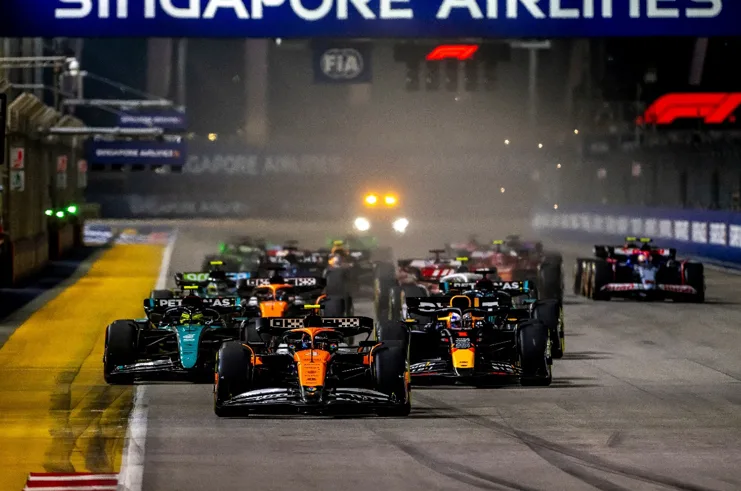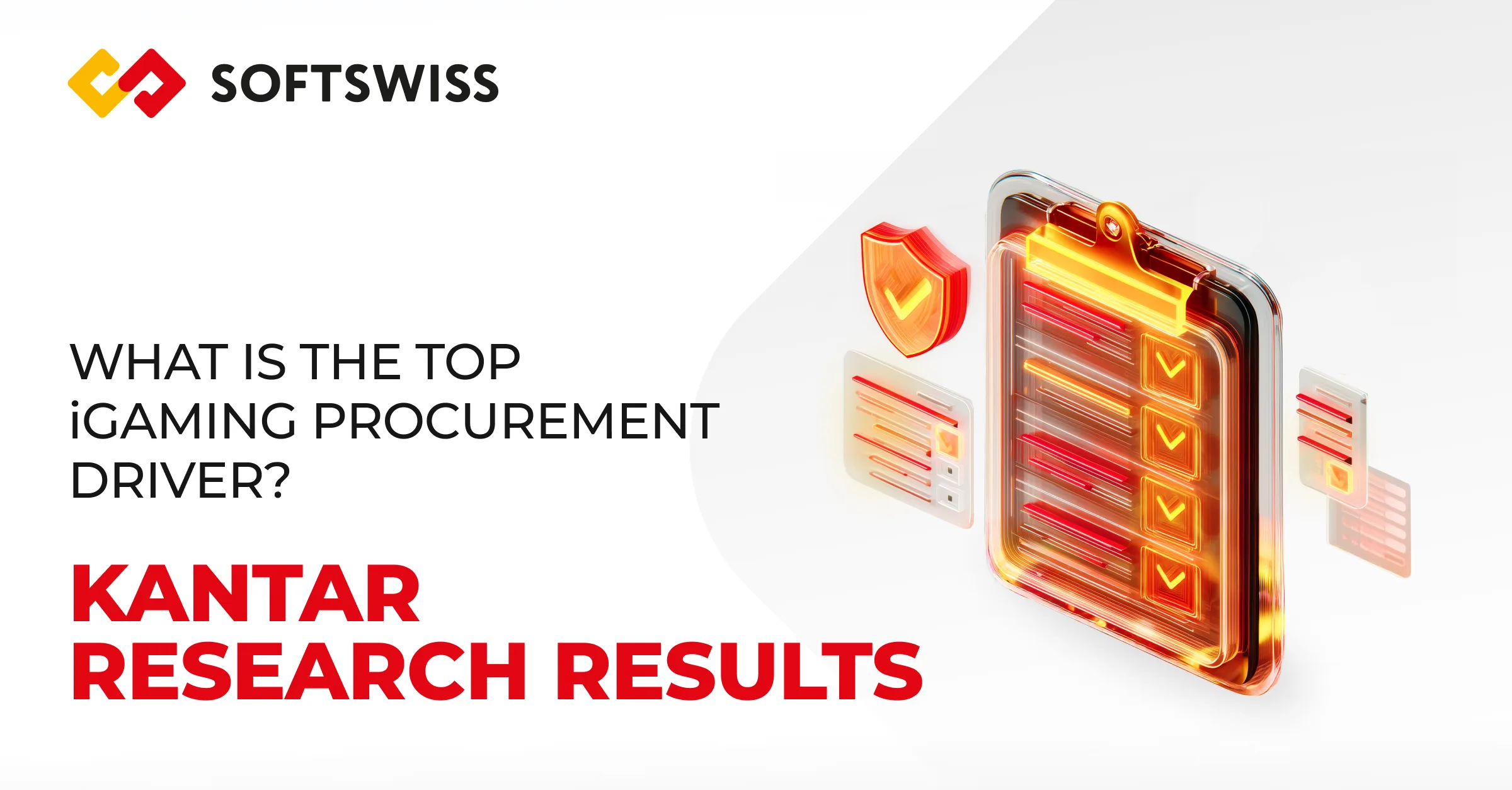Payments are one of the most important parts of the gambling industry as many business processes hinge on it. As reflected by financial news articles related to the iGaming market, it is a tricky vertical that requires much knowledge to succeed in it.
David Parker, CEO at Polymath Consulting, answered the most frequently asked questions about payments in gambling in 2021.
David, please name the biggest challenges in gambling payments processing.
The biggest challenge is that there are so many payment methods to accept on a global basis. Each has its own fraud and risk challenges, of course. But the more global you are, the more different payment methods your customers will demand. There will also always be challenges around getting money back/winnings to customers, as some payment methods are one way, e.g. in only PISP in Europe. A key challenge as well will always be conversion along with resources for integration and management. One senior operator has stated clearly that they review every single new payment service offered, but question stability as a business not just the uniqueness of user experience.
What do you think about the modernization of payments? Is it crucial for the business?
Payments never stand still, they will always be on the cutting edge of what is new. Ultimately though moving money costs money and someone has to pay. Sure, crypto may make this cheaper, but if we think back to move blocks of gold moving digital money is cheaper than this, this is all part of on-going evolution. But even when we consider traditional solutions like wallets are being transformed. For example, there’s a local payment method that reaches many countries and has brought together 72 banks supporting African wallets using their wallet. They then work with the operator to enable the local choices per market. Handling the local needs and strategically bringing their expertise and resources to optimize operators including risk and costs.
How did the pandemic influence payments in the iGaming sector? What methods were more preferable by players?
There is a global shift to digital payment, but iGaming companies have been already leading the way, so I am not sure they have experienced a further major shift to new payments per se. However, the ones I spoke to did see a shift in terms of volumes with an increase of over 45%. What was noted is the shift, the rise of virtual sports in countries that had sports lockdowns. Betting on esports was going to rise but the pandemic gave it a push forward.
What payment options are a must-have for online gambling platforms?
The real answer is whatever the customer wants that is economic for them to offer. This varies by market, demographic, target audience, and platform. Ultimately a consumer may go elsewhere if you do not offer them the payment solution they want or at least a very good alternative. Whether that is a cash-based voucher load or a bank-to-bank type solution.
What risks do operators carry while choosing a payment solutions provider?
Different risks depending on the payment platform. Putting aside the risks offered by the payment itself such as with Bitcoin is that the value halves in ten minutes or the risk cards can be a chargeback. The risks on the payment platform are that it is as much a part of your critical systems as your core iGaming software. If your payments platform goes down you cannot accept payments. The risks are those ones that need to be managed and in many cases, redundancies put in place for. In addition to this, there is a need to consider the time to deliver a payment method and optimizing the cashier page as a resource.
What regulatory aspects are the greatest obstacles for operators in terms of financial operations?
Most regulators around the world care only about one thing – the end-user. Thus, if an operator structures its business to treat customers fairly then obstacles will never appear. None of us want underage betting, none of us want problem gamblers, none of us want those who cannot afford it to gamble as all these and other things lead to problems, not profits. So no single aspect is the greatest obstacle, more a series of gates that need to be woven seamlessly into a customer journey to ensure only the right customer is on-boarded.
What about payment speed? Is it a key factor for users who choose between several platforms?
It depends on what you mean by speed. Speed of getting the funds into a platform or speed of the process the end-user has to go through to get their funds flowing. Both are important but again based on demographics, target audience and geographic location each end user will have their own measurement on what they consider acceptable.
In my opinion, though, speed is not the critically important factor, the key is conversion, as this is what counts. This now means the best user experience whilst managing regulatory steps and then payout processes where speed does count. Sending via wallets with best local withdrawal and proper, but real-time KYC creates best practice. Operators choosing the right payment options take time to understand this part and the best don’t just tick boxes with their PSP without understanding the user experience.
Read more: Best Gambling Payment Providers












